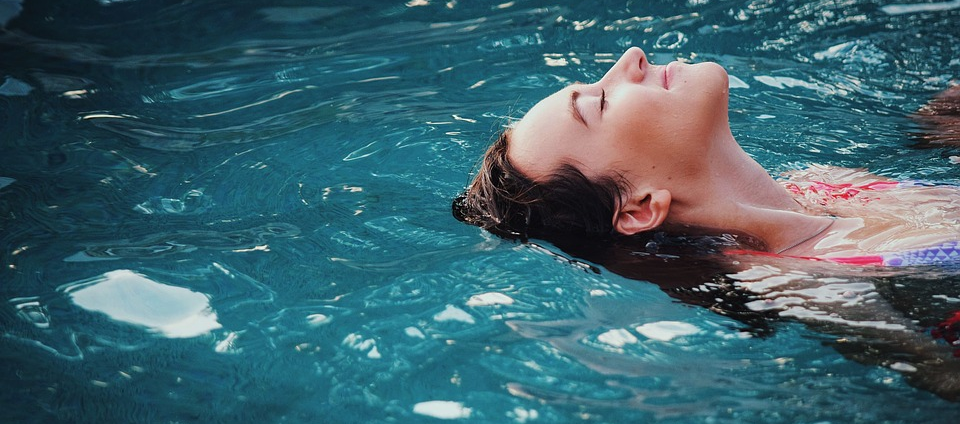Swimmer’s ear is a medical condition that results in significant pain as a result of irritation, inflammation, or infection in the ear.
Its name is based on the fact that it normally affects swimmers. It typically affects children as well as teenagers, but can also have an effect on people with eczema.
The pain is reduced through medication while the person undergoes treatment and waits for the infection to heal. Read on to find out the top 5 tips to prevent the infection in the first place.
1. Keep the ears dry
After your ears are exposed to water from swimming, bathing, or any activity involving water, dry them thoroughly by wiping the outer ear gently using a soft cloth. Tip the head from one side to another gently and steadily to allow the water to drain out.
2. Swim wisely
Watch for any signs that alert swimmers to a high bacteria count and avoid swimming on such days. Swimming advisories are normally issued in such cases – keep an eye (or ear) open for them!
3. Protect the Ear from Any Irritants
Swimming pools normally contain chemicals to kill bacteria. However, any type of chemical can turn out to be harmful, especially if the water gets trapped inside the ears. Consider using earplugs while swimming to prevent water from getting in.
4. Avoid Inserting Foreign Objects
Never try to insert foreign objects into the ear canals, such as cotton swabs or hairpins, to clean the earwax. This can irritate your skin, break it, and even rupture the eardrum in certain cases, increasing the chances of developing an infection.
5. Get Your Ears Cleaned by an Otolaryngologist
It is a good practice to have the ears checked and cleaned by an Otolaryngologist once in a while if you have problematic ear wax, or if you have scaly ears or flaky and itchy skin.
